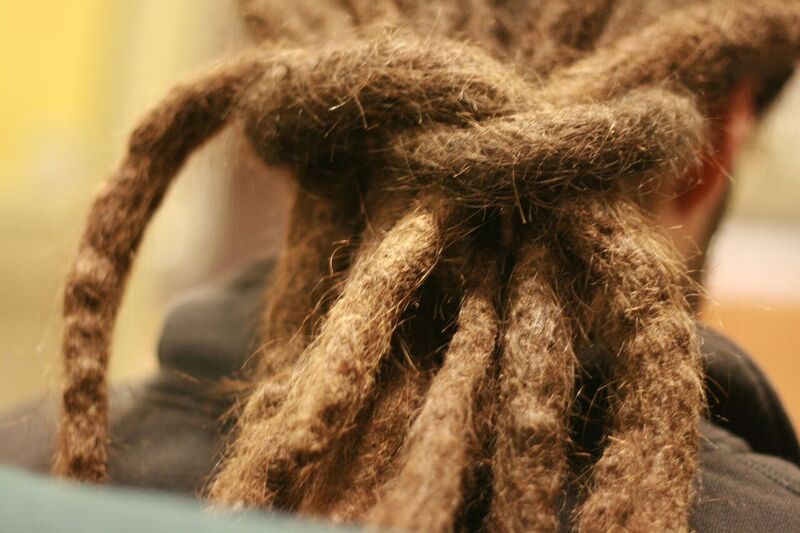
By Joshua Rosario
Kean students and faculty weighed in on a recent court ruling in the South which favored a company that fired a black woman because of her dreadlocks.
The Equal Opportunity Commission filed a lawsuit on behalf of Chasity Jones, an employee at an Alabama- based insurance company called Catastrophe Management Solution, after she was told she couldn’t have dreadlocks, Vox reported.
Jones was told by a human resource manager that her hairstyle went against company policy and that dreadlocks tend to get messy, Vox reported.
The 11th Circuit Court of Appeals ruled on Sept. 15 in favor of the company, 3-0.
“It’s stereotypical, and I think it’s not right,” said Alexander Wooten, a Kean student who wears dreadlocks. “In this day and age it shouldn’t matter what a person looks like as long as that person can do the job right. It doesn’t matter if he’s black, white, Asian, Spanish with dreadlocks as long as he could help the company out. Who Cares? Why would someone care?”
Fernando Linhares, a criminal
justice professor at Kean Ocean and former municipal judge, explained that the 11th Circuit Court of Appeals only affects Georgia, Florida and Alabama. The ruling would only apply to those states, he said.
“We are in the 3rd Circuit, a more progressive circuit,” Linhares said, adding that the 3rd Circuit effects New Jersey, Delaware and Pennsylvania. “It [the case] would be used to be persuasive in other circuits, [if] it is precedent in the 11th U.S. Circuit.”
Linhares also explained that if the dreadlocks were a religious styling, the hairstyle could be protected under the first amendment.
Meanwhile, Dr. James Conyers, a professor of Africana studies at Kean, referred to the ruling in the South a “cultural stop and frisk.”
According to Conyers, dreadlocks go as far back as ancient Egypt and became popularized by the Rastafarian culture.
“Dreadlocks historically have a spiritual significance,” he said.
In the past, dreadlocks were known simply as “dreads,” signifying that Rastafarians had a dread, fear and respect for God, Conyers said. The hairstyle was also a statement of contempt for vanity, he said.

You must be logged in to post a comment.